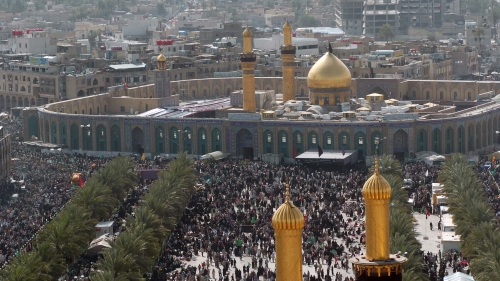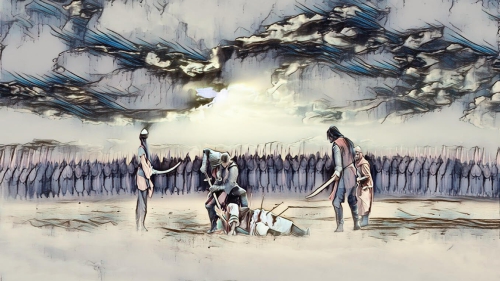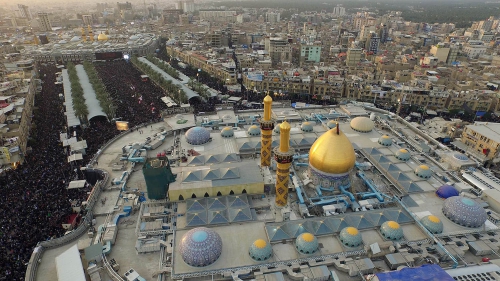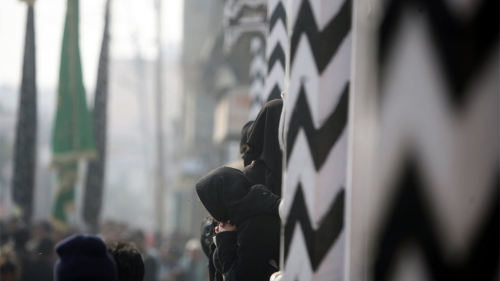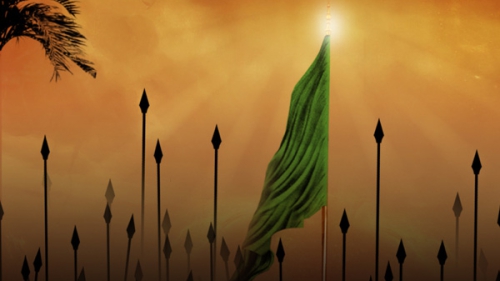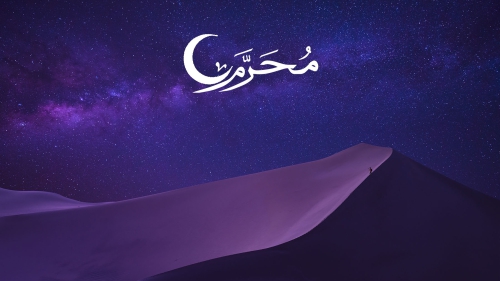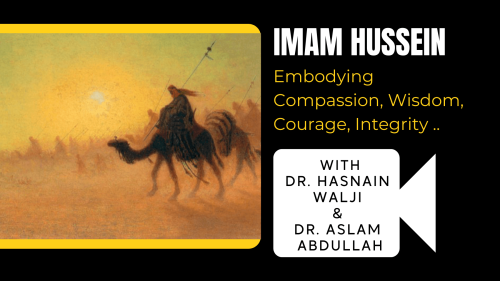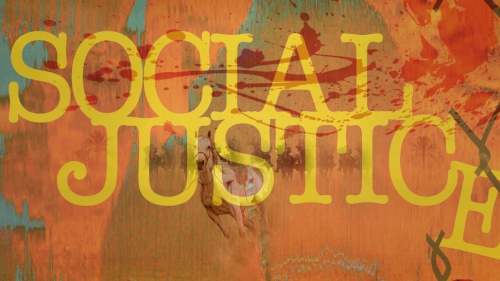Ashura and Muharram of Sunni and Shia

At the beginning of each Islamic lunar calendar, in various parts of the Muslim world the first ten days are observed as a commemoration of a most horrific and tragic event. In places like Iran and Iraq, Muslims stage passion plays, in India and Pakistan, the community organizes huge processions full with tazias, (replicas of the tomb of Husain). Shia Muslims relive the story of the first ten days of Muharram that took place in the first century of Islam when the grandson of Prophet Muhammad , Imam Hussain
challenged the authority of Yezid, the Umayyad ruler. He established the principle that sometimes the goals of life become more important than life itself.
Imam Hussain stood for the Quranic principle of justice and fairness. Imam Hussain
spoke on behalf of those who were marginalized by a class of rulers who were laying the foundation of dynastic rules in Islam. Imam Hussain
refused to surrender to the forces of oppression knowing fully well that he could perish in the process.
It is a month of serious reflections for the Muslim world. While Shia Muslims observe the first ten days as public mourning, the Sunni Muslims evade any overt display of happiness such as weddings etc. and focus on the fasting of the 10th day of Muharram in memory of Prophet Moses exodus from Egypt. By and large most of the Sunni Muslim community avoid any explicit connection of that day to the martyrdom of Imam Hussain . In fact in many parts of the world the month has become a point of conflict between Shia and Sunni. Thus, Imam Hussain
and his legacy is seen as a sectarian event.
Imam Hussain is the grandson of the Prophet who lived his life the way he watched his grandfather live it. He embodied the qualities of the prophet in his character and he remained deeply committed to the Quranic values of justice and equality. His struggle was for fairness and Islamic values for common men and women. When the power was usurped by the Ummayd rulers and the people's right to elect their Caliph was turned into a dynastic rule with little regard for human life and human dignity, freedom and justice, Imam Hussain
mobilized first his family then his supporters to challenge the authority of Yezid, the Umayyad ruler at that time. He was betrayed by many of his supporters who withdrew at the last minute, but his family stood by him in Karbala, modern day province of Iraq, and faced the brutal might of a well organized, well equipped and well trained army.
The outcome was known from the beginning. Imam Hussain was aware of the imbalance in power. He had the choice to make a tactical withdrawal. He had the choice of accepting the rule of Umayyad's and give legitimacy to their claim. He had the choice to accept the practices of the court in Damascus. Yet he chose to stand his ground knowing fully well that he and his followers may not survive at the end of the conflict. He did not run away. He knew why he was there and why he had challenged the authority. He fought bravely and left the world with violent wounds as a testimony of his belief that sometimes in the life of nations come moments when liberty and justice become more important than the life itself.
It was a sacrifice given in support of human rights and human dignity. It is this sacrifice that has held a profound impact on the history of ideas in the world as rooted in the famous line of one America's great founding father, Patrick Henry: "Give me liberty, or give me death." It is this sacrifice that has inspired millions throughout history to challenge injustice and inhumanity on the part of political powers. Imam Hussain is a living legacy of Muslims. It should and it must not be split into Sunni or Shia conflict. Imam Hussain
followed the path of prophets. If prophets were alive, they would have not done anything different.
Shia and Sunni both need to work together to uphold the legacy and sacrifice that the Grandson of Prophet Muhammad , Imam Hussain
gave. Shias need to look at this observance beyond the passion plays and Sunnis should recognize this historical tragedy beyond a sectarian and political divide. All Muslims need to remember Imam Hussain
for his commitment to justice as taught by the Quran "... enjoin what is just; forbid what is wrong; bear anything that happens to you steadfastly: these are things to be aspired to." (31:17).
Related Suggestions
The Muslims in general are brainwashed by Fabricated and lies of
some Muslims and in the books that speak ill of Muavia, Yazeed, Abu
Bakr, Omar and Osman (ra).
Find the facts and listen some Scholars who talk about the facts of
Imam Hussain, Yazeed and Muavia (ra) We weer brainwashed all the
books and fabricated lectures about Karbala
Abdulalh Ibn Sabah a formerly jew (like St Paul an ex jew formed St
PAul's Christianity) corrupted Islam and played a major role in creating
Shiasm.
himself in his religion,will not be able to continue in that
way.So you should not be extremists,but try to be near to
perfection and receive the good tidings that you will be
rewarded". So Religion is very easy It is the Religion of your
Father Ibrahim.It is He who named you Muslims both before and
in this so that the Messenger may be witness over you and you be
witness over mankind.So perform Salah and give zakah and hold
fast to Allah (ie depend on Him) He is your Maula (Lord Patron)
what an Excellent Maula and what an Excellent Helper.May Allah
unite the Ummah on Haq so that we become the means of hidayah to
the entire mankind but we must show good example so that others
can follow us.
I want to agree with Sam,As a South African Muslim,we always commerate the ten days of Ashura,We as Sunni muslims always say
"har Karbala ke bad Islam Zindha hothai" (after every karbala Islam is given life.)
PEACE AND LOVE TO ALL
well in much of the Muslim world, and the political progeny of Yazid
are ruling much of the Mulsim world and particularly the Middle
East. The political children of Yazid will sow mischief, as they
have done recently in Egypt, and create fitnah to secure their hold
on power. Unfortunately, they have their backers amongst the sunni
ulama in the Gulf, and they are beneficiaries of this political
reality. I am sorry the future is predictably bleak, barring a
direct intervention of Allah.
Now don't jump into the conclusion that I am a shi'i. I am a sunni,
trying to look inside our religio-political fabric as fairly as
possible.
that the shia have brought into islam by the various wild and
generally un-islamic practices during the commemoration of imam
Hussain's death. Instead, he blames the sunnis for not doing the same.
The sunnis rightly avoid getting into these habits out of fear of
distortion and innovation in the religion of Allah. The prophet peace
be upon him said: every innovation (in the deen) is a straying (from
the path) and every straying is in the fire.
Thanks to sister Haneefa for the good word.






